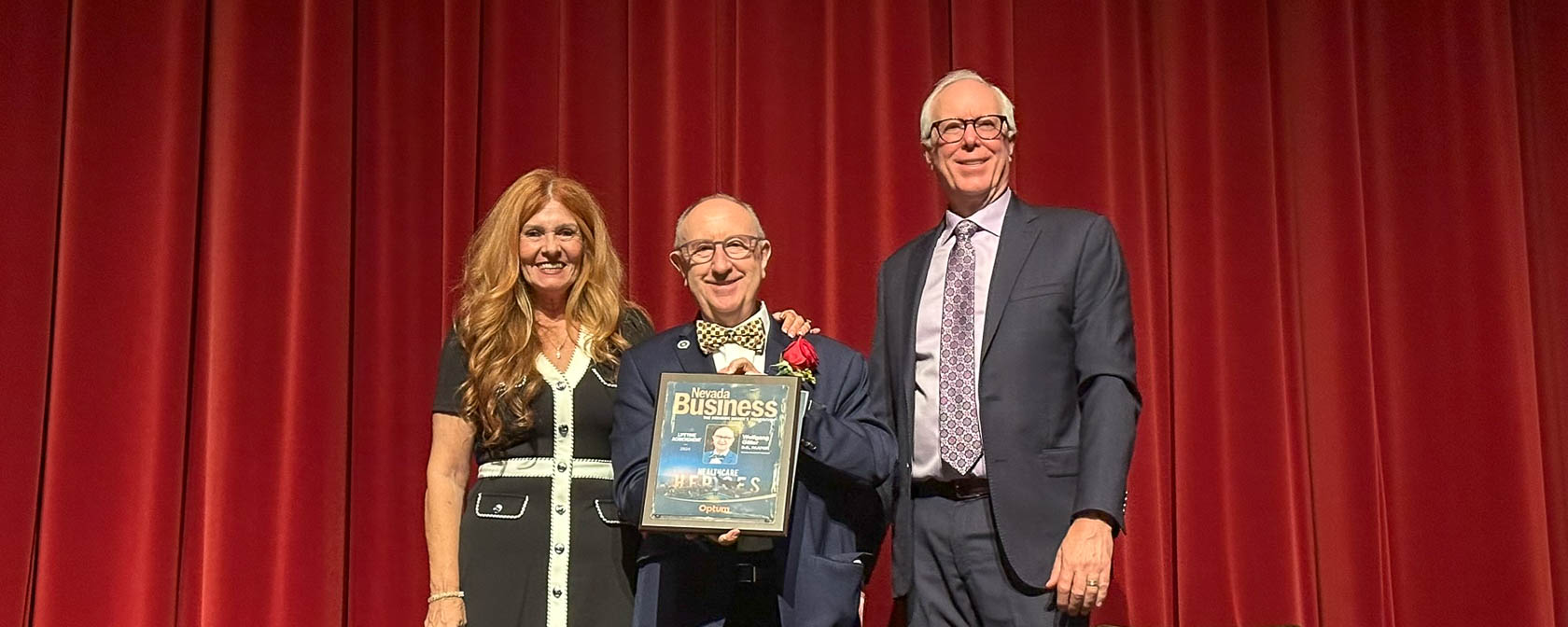
Dean Wolfgang Gilliar Awarded the 2024 Lifetime Achievement Healthcare Hero by Nevada Business Magazine
Touro University Nevada congratulates Dean Dr. Wolfgang Gilliar for being named the 2024 Lifetime Achievement Healthcare Hero. Dr. Gilliar, an internationally recognized medical educator and systems innovator, has been instrumental in leading the largest medical school in the state of Nevada. His guidance and mentorship have transformed millions of lives around the world.
After his deanship at the New York Institute of Technology College of Osteopathic Medicine, Dr. Gilliar joined Touro University Nevada in 2019 to deepen its social mission and investment to advance healthcare in Nevada. His varied competencies – gained at medical institutions such as Michigan State, Tufts, Stanford University, and Schulthess Klinik (Switzerland) – equipped him to tackle complex healthcare matters.
Learn more about Dr. Gilliar and his what a lifetime achievement of work means to him:
Question: How did you come to be where you are today?
Dr. Gilliar: I think I arrived here because simply I listened to myself to really follow the dream of doing the right things at the right time and not having one particular goal in mind. I think the reason why I'm here is that I listened to the various paths that I had and always looked for the best one at that moment.
Question: What did you think you wanted to go into?
Dr. Gilliar: I always had wondered should I go into the arts because I wanted to go to art school. But what really drove me was the experience at the age of 10 when my grandmother passed away. Our physician allowed me to be with him for the two and a half days when she had the stroke to sit next to him and see what he did. That interaction laid the groundwork for me to go into medicine.
Question: What does a lifetime of work mean to you?
Dr. Gilliar: My mission is that in medicine we need to connect the patient and society - the community with us as teachers and medical schools. I cannot tell you that the students we have today are incredible. They rock. They are the ones who are motivated, dedicated, and inspired. I really think the social movement that osteopathic medicine wanted to do initially, 150 years ago or more, is now coming together with our students who know the importance of the interaction of what we do for society, for the community, for being here, and doing medicine at the same time. For me, the Lifetime Achievement Award means one step in my desire to leave the world in a better place.
Question: How do you define lifetime achievement?
Dr. Gilliar: I am a physician dedicated to the betterment of society, but what I really do is to care for our students, for the residents and fellows, so that they feel inspired to do the same, to go forward. I really think that spark is something that we can pass on, just like the Olympics recently, passing on that torch. My job is to pass on that torch of conviction that we can do better, that we should not leave things alone, and actually that we should never, ever be comfortable with being comfortable.
Question: What do you think makes you good at what you do?
Dr. Gilliar: What I heard about another physician that I admired when I did my first psychiatry rotation many, many moons ago. I thought this gentleman was just beyond the moon of how good he was as a physician. I told his colleague; I would like to be like him one day. The colleague said to me, then just give it your best, and when you think you've done your best, there's about 10 or 15 percent more to do. That resonated with me. I really feel that there is so much in us, and we push us a little bit more, not for accolades, not for loudness, not for noise, but for really moving that stone forward. That I think brings results much more than if I just lean back.
Question: What skills help you in your career?
Dr. Gilliar: First of all, I have this very deep sense and creed that human beings are good. The second is that in community, working together collaboratively, we can do so much more than if I were the star of a team player.
The next thing is that I'm looking for connections. The human connection, the human relationship is so much more powerful than any formula, than any laboratory, than any imaging technique. If we can bring this to our patients and at the society as well, I really think we can move medicine and health forward, and we go from disease to health.
What I would like to have my peers, and the audience leave with as one thought is, you all count.



